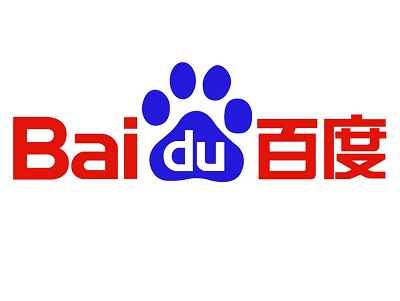 by Angela Guess
by Angela Guess
Will Knight reports in the MIT Technology Review, “Google and Facebook aren’t the only ones vying to be the standard bearer for the hottest AI technique around. China’s leading Internet search company, Baidu, which is also investing heavily in a popular and powerful machine-learning technology called deep learning, today released some key code that it uses to make this AI software run very efficiently. Baidu’s code was recently used to build an impressive speech-recognition system called Deep Speech 2. For some short sentences, this system is better than most humans at recognizing speech correctly (see “Baidu’s Deep-Learning System Rivals People at Speech Recognition”). This is an especially useful technology for Baidu, because it offers a better way for the company’s many millions of users to access its services, especially on mobile. Typing Chinese characters on a smartphone is tricky and complex, and many people in China already prefer to use their voice to send short messages or to search the Web for information.”
Knight goes on, “Deep learning allows computers to perform impressive feats, such as transcribing voice or recognizing objects in images almost flawlessly. A large simulated neural network is fed input, such as audio of a certain word or images showing a particular object, and over time this network will ‘learn’ to recognize almost any new example. Baidu’s code, called Warp-CTC, is essentially an improved implementation of a deep-learning algorithm developed some time ago that’s been designed to run very quickly on the latest computer chips. A startup called Nervana, which offers a deep-learning framework to companies that cannot or do not want to develop their own, is already using Warp-CTC as part of its technology.”
photo credit: Baidu